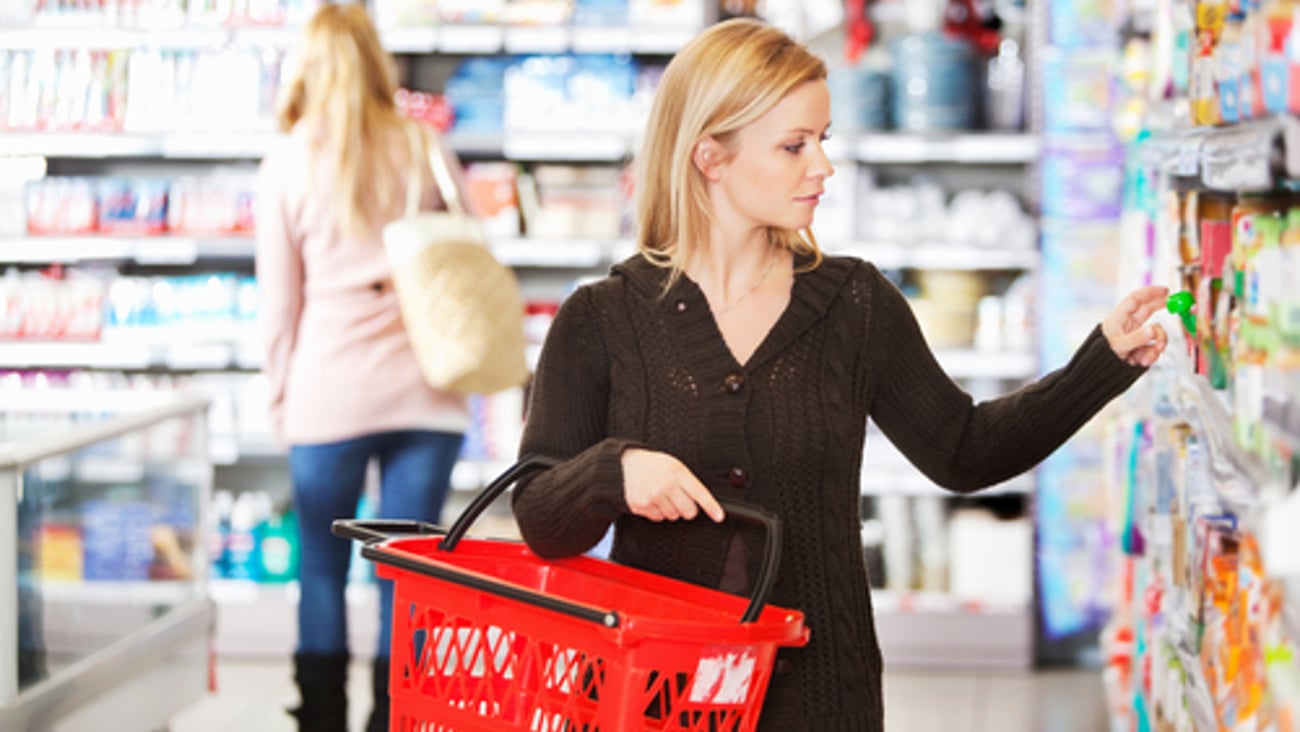Conscious consumerism in convenience
The chaos and uncertainty brought-on by our cumulative pandemic experience over the past 20-months, necessitates food and beverage manufacturers and retailers to re-evaluate decades-long paradigms, to keep up with the shifting habits and priorities of a more conscious, “non-binary” consumer.
Today’s consumer is more willing to consider and support brands that can deliver more nutrition, wellness, freshness and indulgence, with less stress, time and money. They are also expecting that key players in the food and beverage industry act with greater integrity by aligning efforts with individuals’ more purposeful and salient values.
Ipsos’ FIVE Daily Consumption Tracking, in the field since 2013, tracks daily eating habits, needs and situational dynamics among more than 23,000 individuals annually, reveals that eight in 10 adults report that conscious consumption priorities strongly influence consumption decisions.
Top ESG (environmental, social and governance) concerns include:
- Product freshness
- Food safety/food waste
- Quality of ingredients
- Local support
- Sustainably sourced/packaging
- Product makeup (e.g., non-GMO)
- Animal welfare
- Environmental importance
- Fair treatment of workers
- Organic
- Regenerative farming/carbon neutrality
Further evidence of heightening concerns and demand for action is notable in that more than half of Canadians (53%) believe that the health of the environment is at a critical stage. In comparison, Ipsos Essentials Pandemic Sentiment reports that only 36% of Americans believe we are at an environmental tipping point.
Ethical consumerism is not a new trend and, undoubtedly, there remains, even today, a gap between aspiration and action. However, its importance as a rising priority shows strongest development among consumers under age 40.
What can c-store operators do?
ESG CONSUMER ZONES + ACTION EXAMPLE
- Personal commitment
Aid individuals in food waste reduction and recycling efforts.
- Societal commitment
Reduce the availability and use of single-serve plastics, as well as bags at check out.
- Business commitment
Highlight carbon-neutral commitments for your business and that of your vendors across key categories.
As this large and influential group continues to take hold of spending power from more mature cohorts, it will be critical to consider how to realign strategies to address consumers’ evolving needs so that you can both remain relevant to younger shoppers and play your part in the future of societal health.
While in the early days of the pandemic, March to Sept 2020, conscious consumption priorities motivating daily food and beverage choices dipped somewhat, the ensuing period has seen concern rates rebound considerably.
Increased information access and rising outcome awareness has fuelled consciousness of the entire life cycle of our foods and prompted us to re-evaluate the personal and systemic impacts of our everyday choices. For c-store operators, these considerations should help shape category assortment, as well as overall operations.






